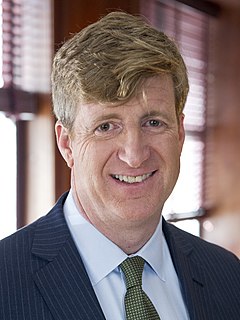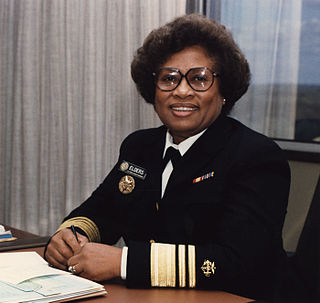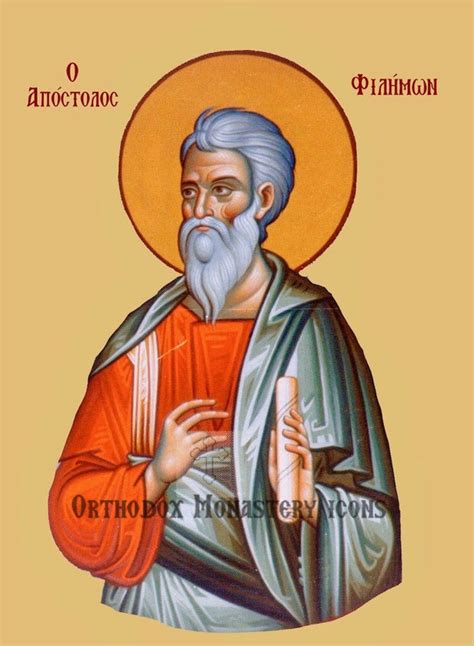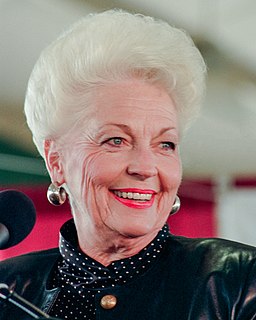A Quote by Patrick J. Kennedy
Opioid replacement therapy is the standard evidence-based model to treat people with acute opioid addiction, and that is unassailable according to every research study that's been done. If that is the evidence-based model, then why can't we meet the large-scale need that's out there? We can't because one, there aren't enough doctors who can prescribe [drugs like methadone], and two, there are these artificial limits [by insurers] on who doctors can prescribe to.
Related Quotes
People and organizations other than doctors increasingly are assuming power to decide which medications to prescribe or procedures to undertake. More and more, decisions about personal healthcare are no longer made by the treating physicians in consultation with their patients, and based on the doctors' expertise.
The evidence is overwhelming that marijuana can relieve certain types of pain, nausea, vomiting and other symptoms caused by such illnesses as multiple sclerosis, cancer and AIDS - or by the harsh drugs sometimes used to treat them. And it can do so with remarkable safety. Indeed, marijuana is less toxic than many of the drugs that physicians prescribe every day.
We have to go from what is essentially an industrial model of education, a manufacturing model, which is based on linearity and conformity and batching people. We have to move to a model that is based more on principles of agriculture. We have to recognize that human flourishing is not a mechanical process; it's an organic process. And you cannot predict the outcome of human development. All you can do, like a farmer, is create the conditions under which they will begin to flourish.
Hope and optimism are different. Optimism tends to be based on the notion that there's enough evidence out there to believe things are gonna be better, much more rational, deeply secular, whereas hope looks at the evidence and says, "It doesn't look good at all. Doesn't look good at all. Gonna go beyond the evidence to create new possibilities based on visions that become contagious to allow people to engage in heroic actions always against the odds, no guarantee whatsoever." That's hope. I'm a prisoner of hope, though. Gonna die a prisoner of hope.
Most people assume that physician language is akin to technical, non-understandable jargon. It does not have to be that way. Doctors do not perform witchcraft. They simply interpret what they are told and what tests reveal. They diagnose and prescribe treatment. Our responsibility is to help doctors know what is going on in our bodies and to insist on clear, precise, understandable language in response.
We each create a story - a narritive, a picture, an allegory, a model - for what's going on in the universe. And then we fight - sometimes to the death - to make others believe in that model, or to be able to keep believing in it ourselves. In other words, we try to erase contradictory evidence to that model.
I don't think school reform should be motivated by missionary zeal. I think it should be motivated by evidence of what works. I have been critical of Teach For America in the past but I think one of the things about their model that's interesting is that they're constantly looking at it and whether what they're doing works and reassessing their model, and making changes. So to the extent that I believe everyone in the education sector should be looking at evidence, reassessing, making tweaks to figure out what works, I think it's a positive model.

































